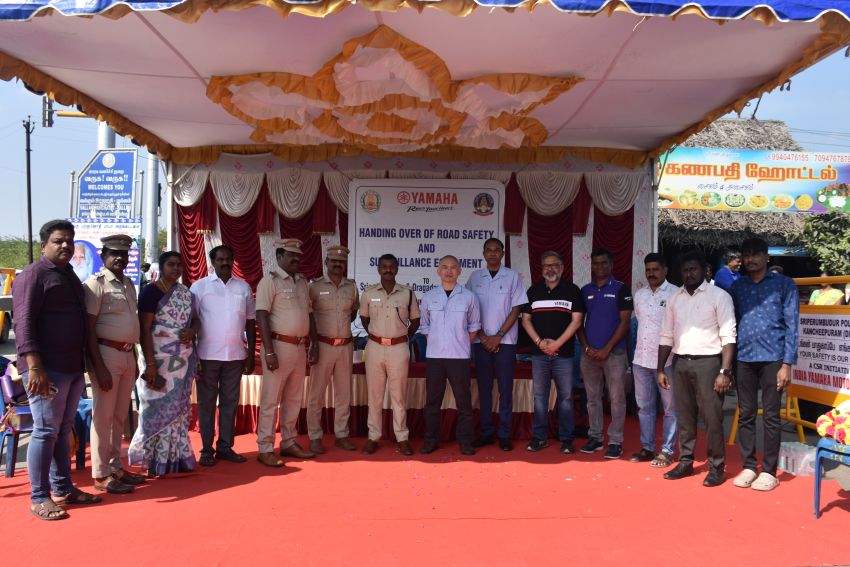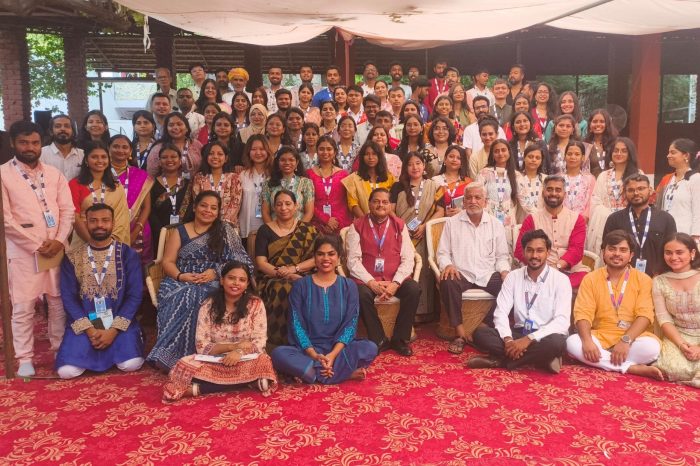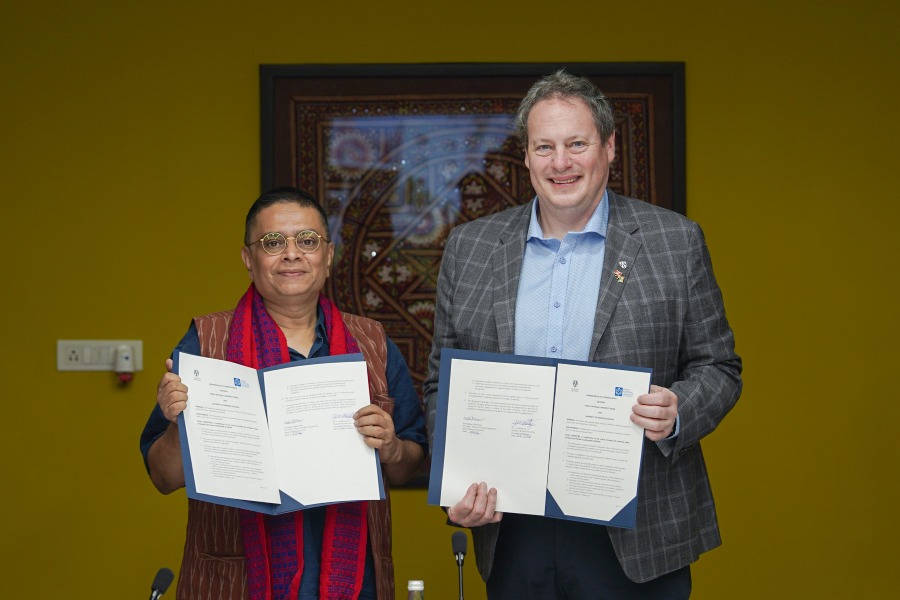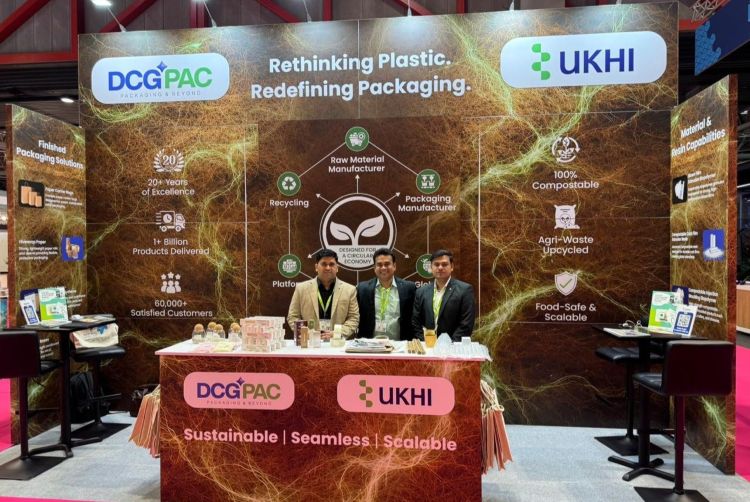New Delhi, April 29, 2024: A new report by UK-based NGO Earthsight exposes the dark side of fast fashion. The investigation tracked 816,000 tons of cotton from Brazil to major fashion brands like H&M and Zara, uncovering a disturbing trail of environmental destruction and human rights abuses.
The report alleges that cotton production linked to these brands is causing significant deforestation in the Cerrado savanna, a vital ecological zone in Brazil. Companies like SLC Agrícola are accused of clearing vast areas of native vegetation, jeopardizing the Cerrado's unique biodiversity. This deforestation rate has reportedly doubled in recent years, raising serious environmental concerns.
Beyond environmental damage, the report sheds light on the social impact of this cotton production. Local communities are allegedly being displaced due to land grabbing by cotton producers like The Horita Group. The report further accuses The Horita Group of violent land disputes with local inhabitants, tarnishing the cotton industry's image with potential human rights violations.
The investigation also questions the effectiveness of current sustainability efforts. Many of the farms implicated in the report hold "Better Cotton" certifications, designed to ensure ethical production. However, Earthsight claims that this system is failing. Cotton linked to deforestation and land grabbing ended up in clothes destined for major brands, highlighting significant limitations in current certification processes.
The report has sent shockwaves through the fashion industry. H&M and Zara, both implicated brands, have expressed concern and pledged to work with Better Cotton for increased transparency and stricter standards. However, the report raises questions about Zara owner Inditex's commitment to sustainability. Despite vowing to use sustainable cotton and reduce its environmental impact by 2030, the company seems to have been unaware of the ongoing crisis in Brazil.
Fortunately, Earthsight is pushing for a more systemic solution. They call for stricter regulations in Europe, the cotton's final destination, to hold companies accountable and ensure fashion is decoupled from environmental and human rights violations.
Consumers also have the power to drive change. By educating ourselves about the perils of fast fashion and the merits of actual sustainable fashion, we can make informed choices. Eco-conscious buying involves opting for brands committed to ethical sourcing and transparency. Together, we can push the fashion industry towards a cleaner, more responsible future, ensuring our clothes don't come at the cost of the environment and human well-being.
















.jpg)



